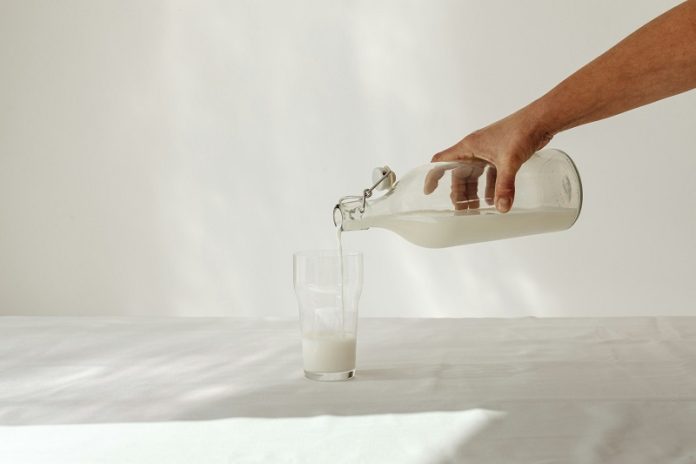
A new study from the University of Toronto is providing reassuring news for postmenopausal women who enjoy soy foods.
Despite widespread concerns, researchers found no link between soy consumption and an increased risk of estrogen-related cancers.
Instead, soy offers significant health benefits, especially during menopause.
Soy and menopause: what the study found
Soy contains isoflavones, plant-based compounds that act similarly to estrogen in the body.
This similarity has raised concerns because estrogen is linked to some cancers, such as breast and endometrial cancer.
However, this study, which analyzed 40 high-quality trials involving over 3,000 women, found no evidence that soy increases the risk of these cancers.
The research, published in Advances in Nutrition, examined how soy isoflavones affect markers of cancer risk, including:
- Thickness of the uterine lining
- Vaginal maturation index (a measure of estrogen activity in the vaginal area)
- Levels of circulating estrogen
- Follicle-stimulating hormone
The trials followed postmenopausal women who consumed soy isoflavones or a control substance for at least three months. The researchers concluded that soy isoflavones do not act like human estrogen when it comes to increasing cancer risk.
The benefits of soy for postmenopausal women
For women going through menopause, soy foods can offer multiple benefits:
- Heart Health: Soy is already recommended by organizations like the Canadian Cardiovascular Society for reducing heart disease risk. This is especially important for postmenopausal women, as their risk for heart problems increases during this phase of life.
- Relief from Hot Flashes: Soy is known to help reduce menopause symptoms like hot flashes, which can affect a woman’s quality of life.
- A Safe Alternative to Hormone Replacement Therapy (HRT): Many women are hesitant to use HRT due to concerns about cancer or a history of heart disease. Soy isoflavones provide a natural alternative for managing menopause symptoms without increasing cancer risk.
Why soy is safe
The study highlights an important difference between soy isoflavones and human estrogen. Unlike estrogen, soy isoflavones do not bind to all estrogen receptors equally. This selective action explains why they can benefit the cardiovascular system without negatively affecting the reproductive system.
“We hope our findings reassure people that including soy in their diet is safe,” said Laura Chiavaroli, the study’s senior author and assistant professor at the University of Toronto.
In addition to being safe, soy is also a high-quality, plant-based protein that aligns with dietary guidelines encouraging more plant-based eating. This shift not only benefits personal health but also supports the environment.
Soy foods, such as tofu, soy milk, edamame, and soy protein, can be easily added to meals. These foods are versatile, nutritious, and provide a sustainable protein source.
For postmenopausal women looking for ways to support their heart health and manage menopause symptoms, soy offers a natural, evidence-based option.
Chiavaroli concluded, “Our research shows that soy is not only safe but also beneficial, helping women stay healthy during menopause without increasing cancer risk.”
If you care about nutrition, please read studies about how Mediterranean diet could protect your brain health, and the best time to take vitamins to prevent heart disease.
For more information about nutrition, please see recent studies that olive oil may help you live longer, and vitamin D could help lower the risk of autoimmune diseases.





